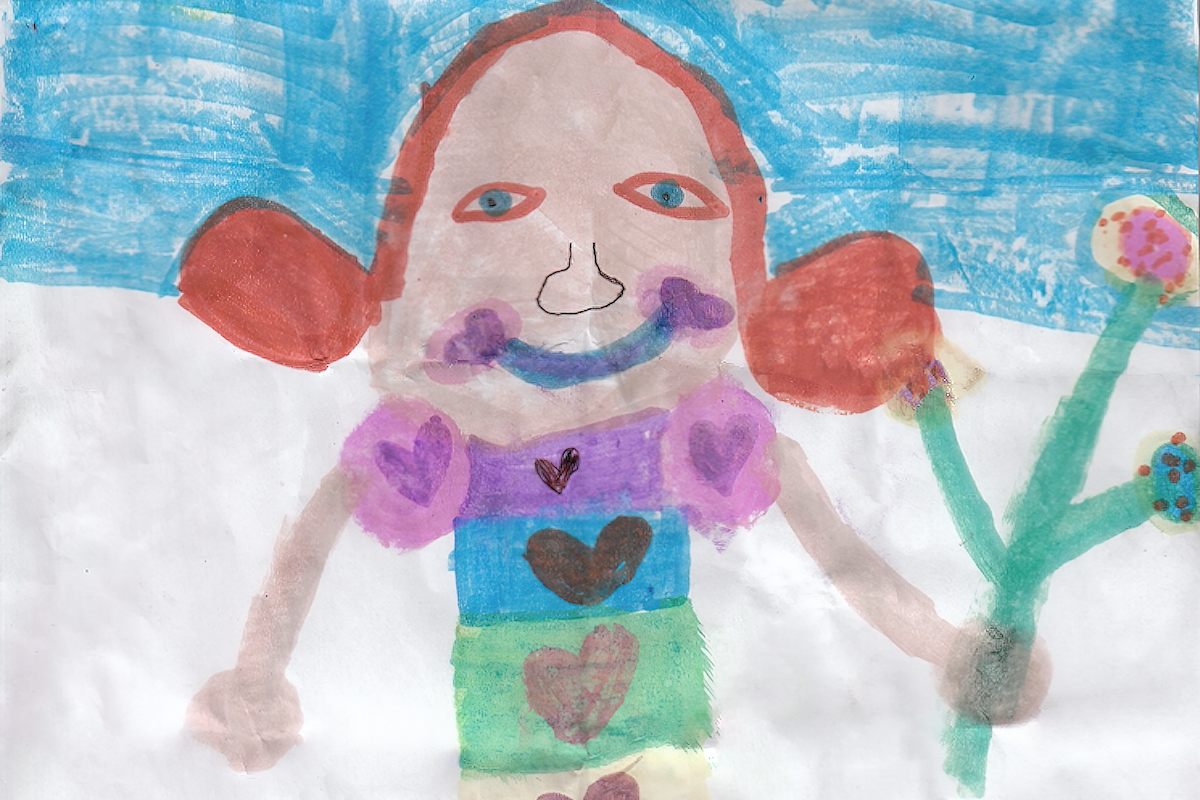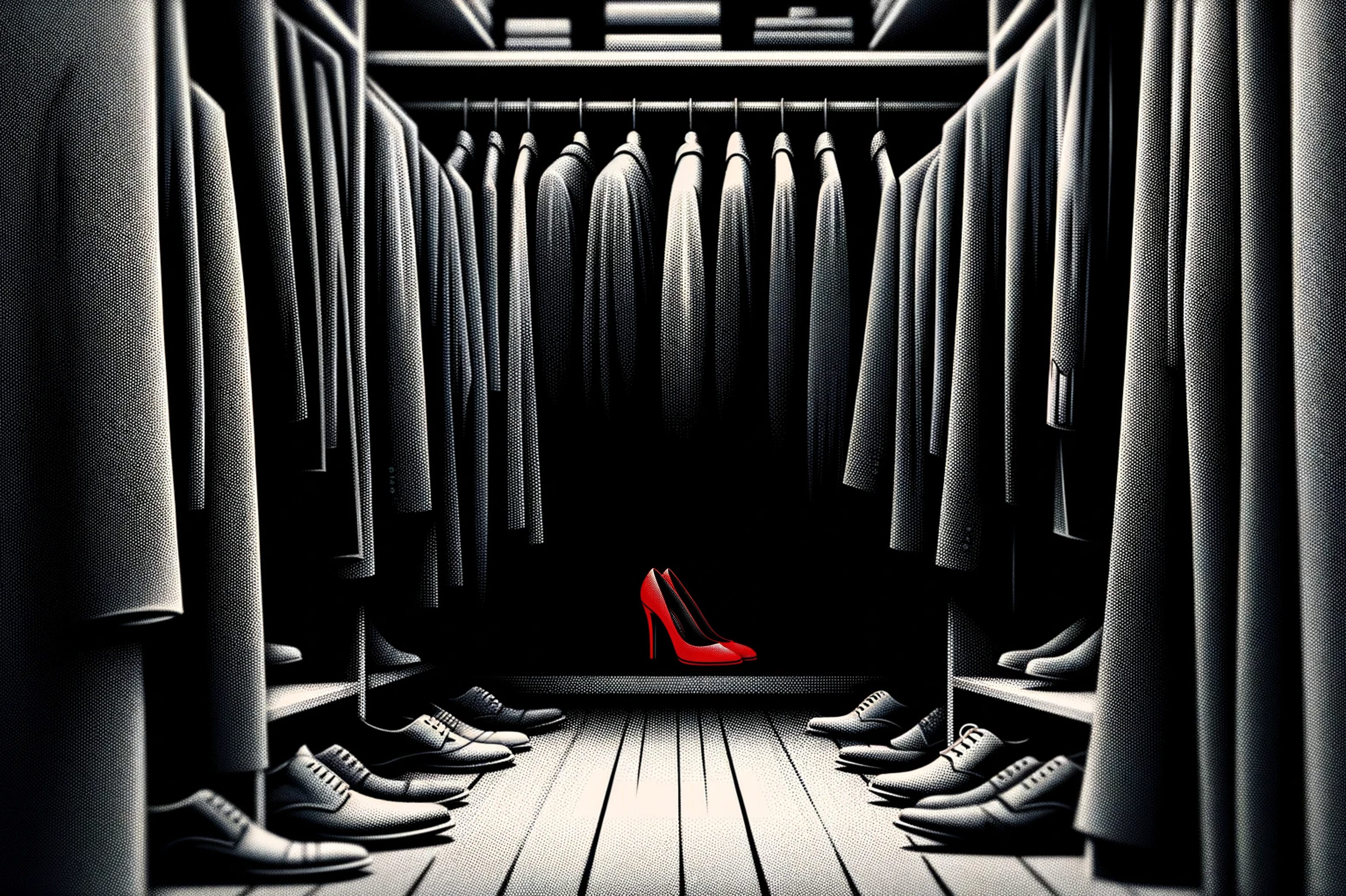
FLEEING MASCULINITY
Many boys coming of age today struggle to develop a positive view of themselves as men and for this reason may take flight into a transgender identity.
The 'Failed' Boy
Dr. Joe Burgo, Genspect
"They probably assume gender dysphoria refers to a single, easily diagnosed condition. But as most exploratory therapists have learned, the term has a variety of meanings for different clients and may have little to do with biological sex or gendered identities. Sometimes it simply means—I’m terrified of growing up."
Men and Boys Are Suffering Through a Crisis
David Brooks, Salt Lake Tribune
"There are many reasons men are struggling—for example, the decline in manufacturing jobs that put a high value on physical strength, and the rise of service sector jobs. But I was struck by the theme of demoralization that wafts through the book. Reeves talked to men in Kalamazoo about why women were leaping ahead. The men said that women are just more motivated, work harder, plan ahead better. Yet this is not a matter of individual responsibility. There is something in modern culture that is producing an aspiration gap."
When Sons Become Daughters: Parents of Transitioning Boys Speak Out on Their Own Suffering
Angus Fox, Quillette
"And when parents ask their sons why they want to become women, the answers can be surreal. One reportedly describes testosterone as a toxin that’s destroying society; another says that he likes lesbian porn. The influence of friends, LGBT societies, and online fora is pervasive, but their sons usually treat any discussion of social contagion as heresy. Parents feel vilified. Many of the mothers and fathers have contemplated suicide."
The Men — and Boys — Are Not Alright
The Ezra Klein Show, The New York Times
"In 1972, when Congress passed Title IX to tackle gender equity in education, men were 13 percentage points more likely to hold bachelor’s degrees than women; today women are 15 points more likely to do so than men. The median real hourly wage for working men is lower today than it was in the 1970s. And men account for almost three out of four 'deaths of despair,' from overdose or suicide...Reeves’s core argument is that there’s no way to fully understand inequality in America today without understanding the ways that men and boys—particularly those from disadvantaged backgrounds—are falling behind."
The Toxic War on Masculinity With Professor Nancy Pearcey
Radically Genuine
"Professor Nancy Pearcey, a distinguished author and speaker is hailed as 'America’s pre-eminent evangelical Protestant female intellectual' by The Economist. Currently a professor and scholar in residence at Houston Christian University, Pearcey is best known for her impactful books, with her latest work, 'The Toxic War on Masculinity,' addressing critical cultural issues."
Sympathy for the Devil: Autogynephilia as a Pyschic Retreat
Dr. Joe Burgo, Reality's Last Stand Substack
"My understanding of the relationship between shame and narcissistic self-idealization helped me to understand the abrasive behavior of the typical TRA and the role shame played in the psyche of my clients; but as my work with young autogynephiles went on, I found such an understanding insufficient to fully account for their condition. One crucial piece of the puzzle had yet to fall into place."
The Island of Misfit Boys
Parents With Inconvenient Truths About Trans (PITT)
"But this whole press release story has disguised a bigger issue: 30% of the brightest 1% of kids at our school are trans. This is a big deal. Our county is risking and often losing our brightest minds to this bullshit belief system, and no one is talking about this. Are we really okay with this?"
Our Boys in 'The Lost Boys'
Donovan Cleckley, substack
"'The Lost Boys' illustrates medicalization as discipline against disorder, what Abigail Bray terms chemical control. Disciplining children has consisted of caning and flogging in the past, followed by pills and surgeries into the present. Issues surrounding boys’ development fell under 'the boy problem,' described in 1895 as 'one of the most perplexing with which the church, and general society also, has to deal.' 'The boy problem' has been no more solved now than it was then. Modern commentaries on 'the war against boys' and 'the boy crisis,' however, miss how the past reveals the present."
The Rogue Male Default – Integrating Fear of Banishment Into Counseling for Males
Vincent Deboni, Pschyreg
"The connections I make here are speculative, tentative, and exploratory, intending to create a deeper understanding of male mental health. As John Barry and Martin Seager explained: ‘Given that human beings are a mammalian species, it should not be surprising that biological sex differences make a significant contribution to masculine identity and male psychology.’"
Why Boys Are Struggling and What We Can Do to Help Them
The Art of Manliness
"Today on the show, Michael explains what the 'Dominant Gender Paradigm' is and why it causes institutions to ignore the problems of boys and young men, what people get wrong about male violence, and what male anhedonia is. He then argues that if we want to help boys (and girls) we need to approach things from what he calls a 'Nature Based Theory,' which recognizes that while boys and girls have a lot in common, there are biological differences that influence the way boys learn, socialize, and behave. Michael then provides concrete things parents and schools can do to cater to these differences in boys to help them thrive and become resilient men."
Is Our Culture Incentivizing Men to Transition?
Gender: A Wider Lens Podcast
"Guest, Sascha Bailey, reflects on his journey as a model, art curator, and pioneer in the NFT (Non-Fungible Tokens) art scene. A captivating account of the intersection where art, tech, and culture collide with personal identity. Sascha differentiates between emotional and functional motives for transitioning, discussing transmaxxing, incentives, and societal trends. Offering listeners a blend of unexpected insights, even challenging hosts, Sasha and Stella, to step outside their familiar gender-centric framework."










